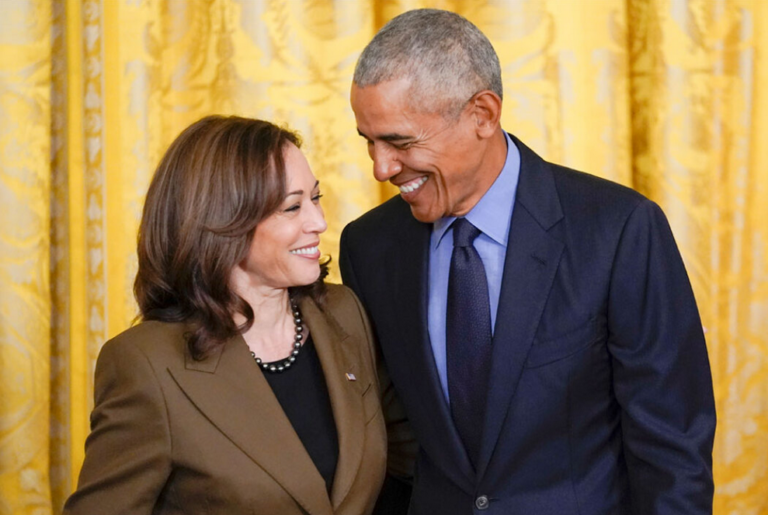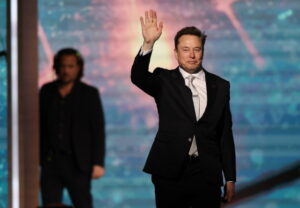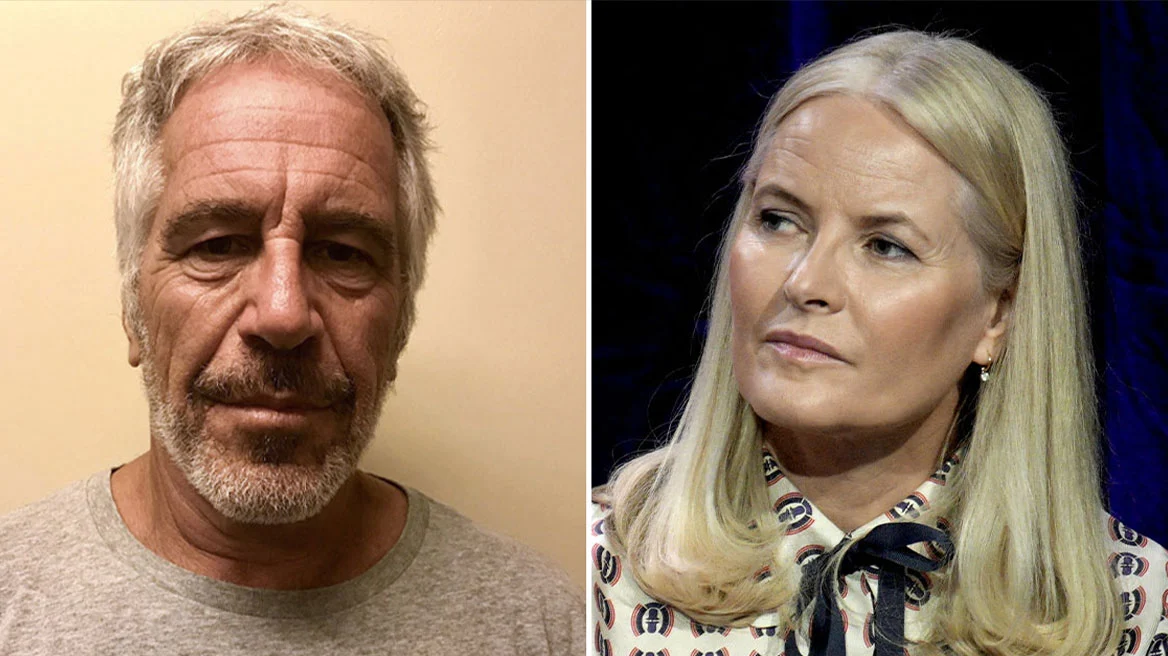President Joe Biden has officially withdrawn from the presidential race for the upcoming November elections. He announced his decision yesterday in an open letter, stating that he will not seek re-election against Donald Trump.
President Joe Biden has officially withdrawn from the presidential race for the upcoming November elections. He announced his decision yesterday in an open letter, stating his intention not to run against Donald Trump again.
The first debate with the official Republican candidate in Atlanta was “disheartening” even for Biden’s ardent supporters. Additionally, the assassination attempt on Trump in Butler, Philadelphia, followed by his campaign boost, made it clear to insiders within the Democratic Party that Biden’s candidacy was already counting down.
Key Figures
Despite personal resistance from President Biden and his inner circle against the idea of resigning from the election battle, top Democratic leaders had recently been showing him the exit. The fact that Barack Obama, Nancy Pelosi, and Chuck Schumer, the most influential figures in the Democratic Party, were behind Biden’s withdrawal signaled the beginning of his replacement. Obama had elevated Biden to Vice President, granting him strong support within the party, Pelosi, the former Speaker of the House, is the most powerful influencer in the Democratic Congress, and Schumer, as Senate Majority Leader, controls the most influential part of the party’s officials.
Given these circumstances, the end of Biden’s re-election campaign was inevitable, and the process of finding his successor began days ago. The success of the new candidate will depend on their ability to quickly generate momentum.
Ill with COVID-19 and isolated within his own party, Biden officially announced his intention to withdraw from the candidacy yesterday, endorsing his Vice President, Kamala Harris. “My first decision as the party’s candidate in 2020 was to choose Kamala Harris as my Vice President, and it was the best decision I made. Today, I want to offer my full support to Kamala to be our party’s candidate this year. Democrats – it’s time to unite and defeat Trump. Let’s do it,” Biden said, further paving the way for Harris to become the first female Vice President of the United States.
Harris as the Favorite
For those in the know, Kamala Harris’s first speech after Biden’s quarantine in North Carolina last Friday exuded the aura of a presidential candidate, although she appeared visibly nervous. Meanwhile, Harris had publicly and to Democratic donors supported continuing the campaign under Biden to avoid alienating the President’s staunch supporters, according to some analysts.
Simultaneously, although Joe Biden’s resignation does not entail the automatic transfer of the nomination to Kamala Harris as the incumbent Vice President, Democratic officials close to her are preparing, in recent hours, the roadmap for her campaign. The focus is on the contested swing states as well as the Black voter community.
The informal team that has been set up and the existing communications are not under Harris’s approval according to NBC. However, the network reports that “Harris’s path could focus more on mobilizing Black voters in Southern states like Georgia and North Carolina, rather than Biden’s strategy, which includes working to secure Minnesota, Wisconsin, and Michigan.”
Harris’s current strategy includes “organizing rallies in states like Georgia with former First Lady Michelle Obama, who according to polls remains popular among voters, and events in Midwestern states like Michigan with former President Bill Clinton,” they conclude.
Velvet Transition
However, since Joe Biden had secured the official party nomination, a pivotal role is expected to be played by the Democratic National Convention on August 19 in Chicago. The overwhelming majority of the party hopes this will serve as a “restarting point” for the campaign for the Presidential elections.
With Kamala Harris emerging as the leading candidate to replace Joe Biden, given that she was his personal choice, the first woman and first woman of color of Asian descent to serve as U.S. Vice President, and someone with strong connections in the campaign, having been actively involved in this year’s primaries and a key figure in the White House team on abortion issues, a strong candidacy is already on the horizon.
Additionally, Kamala Harris holds high popularity ratings within the Democratic Party, access to donors, and primarily a well-organized team of Congressional members and party officials who could fight for her candidacy. At the same time, she solves the problem of a “quick restart” for the Democrats, who have lost valuable ground particularly over the last three weeks against the Republicans. For this reason, many of those who have publicly supported her in recent hours would prefer a swift official nomination, ideally before the Convention, to allow ample time for executing her campaign plan.
“Open Convention”
At the same time, however, powerful figures within the Democratic Party are reportedly in favor of an “open Convention,” which would allow anyone to contest the Presidency according to party rules. It is not coincidental that Barack Obama would prefer an open convention, as he believes the party is now navigating “uncharted waters,” nor that Nancy Pelosi and Chuck Schumer have not yet endorsed Kamala Harris.
In any case, those interested in the Democratic nomination from now on must gather thousands of signatures from delegates to establish their candidacy, as Joe Biden had already secured 3,949 delegates. To this body are added about 800 superdelegates, and if the majority of them do not coalesce around a dominant candidate, everything remains open at the upcoming Convention.
“Positive Shock” and Surprises
At the same time, the loss of at least 6 percentage points on average over the past week for the Democrats, combined with the defeatism caused by the internal party crisis in recent days, cannot rule out the possibility of candidacies that are outside the current scope, in order to create a “positive shock” among Democratic supporters. Furthermore, a significant number of members of Congress, Senators, and party officials who either supported Joe Biden in the past or not, have not yet taken a stance in favor of Kamala Harris in recent hours, sparking various scenarios regarding the process of replacing Joe Biden. Given the recent decline, it is possible that the Democrats may even surprise by bringing forth a surprise candidate for the final stretch of the Presidential race.
The Two Paths: Clooney and Michelle
For the Democrats, there are two options regarding the profile of the new candidate: either a person with a distinctive office and long party experience, or a person with broad social appeal and not necessarily coming from the party’s established ranks. Beyond Kamala Harris, potential candidates from within the party could include Kentucky Governor Andy Beshear, former North Carolina Governor Roy Cooper, moderate Josh Shapiro, Illinois Governor J.B. Pritzker, Michigan Governor Gretchen Whitmer, and California Governor Gavin Newsom, if no other prominent party official is chosen.
On the other hand, the surge in popularity caused by the Republican National Convention after Donald Trump’s re-emergence due to the assassination attempt against him might push the Democrats towards an even more “spectacular choice,” possibly involving the entertainment industry. In this context, scenarios involving international stars such as George Clooney have resurfaced in recent hours, while few forget that Michelle Obama is seen as the only person who could defeat Trump, according to Reuters/Ipsos polling.
Historic Day on Wednesday
Nevertheless, the Chair of the Democratic National Committee, Jaime Harrison, stated yesterday that the party will proceed this week with selecting a candidate, without specifically mentioning Kamala Harris in his statement.
“In the coming days, the Party will undertake a transparent and orderly process to move forward as a united Democratic Party with a candidate who can defeat Donald Trump in November,” Harrison said, adding that “this process will be governed by established Party rules and procedures. Our representatives are ready to take seriously their responsibility for the swift delivery of a candidate to the American people.”
Additionally, “In the near future, the American people will hear from the Democratic Party about the next steps and the path forward for the nomination process,” Harrison added, while no process for formalizing the nomination was expected to occur before August 1, given the current state of the party.
Following the whirlwind developments, on Wednesday, the Rules Committee of the Democratic National Convention is expected to meet for the first time to discuss the implementation of a framework for selecting the presidential candidate, according to Axios. This will mark a culmination of the ongoing processes throughout July.
Ask me anything
Explore related questions





